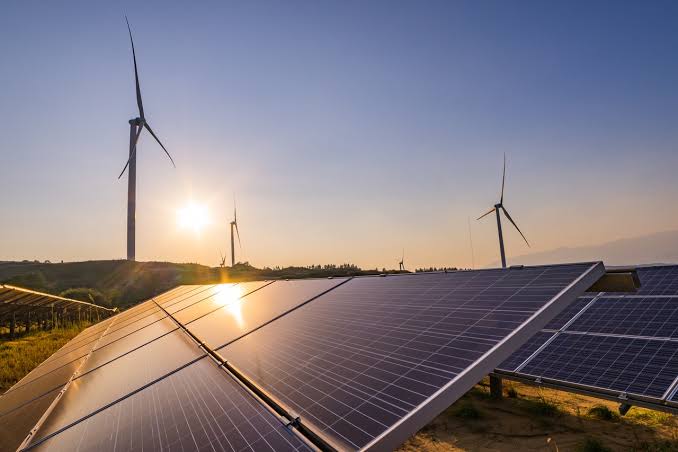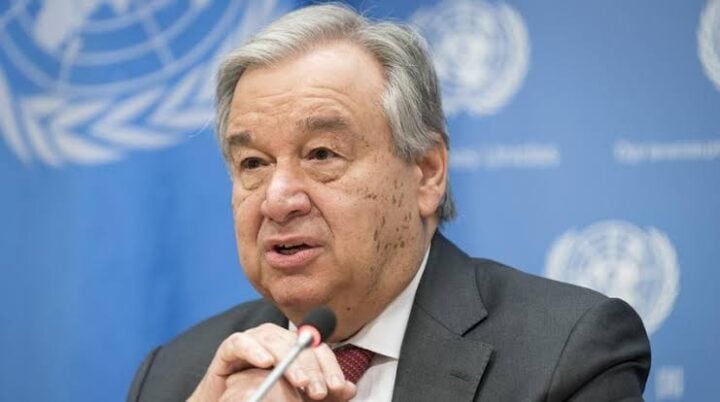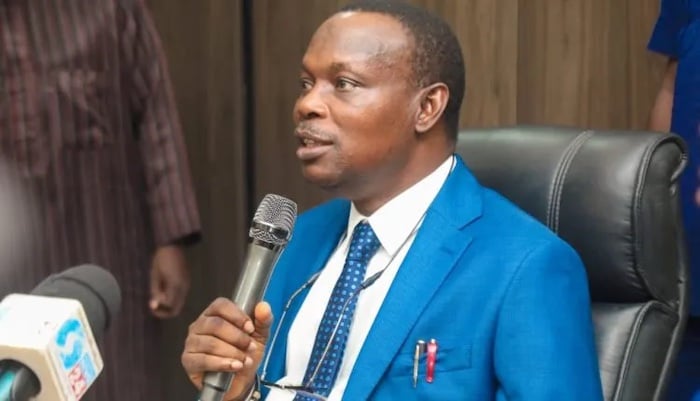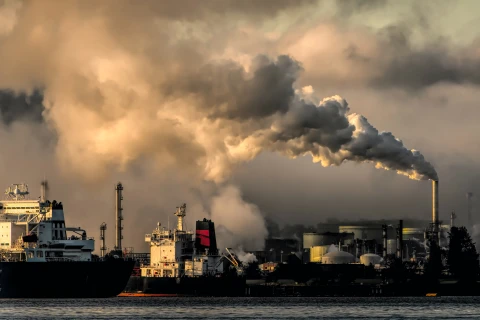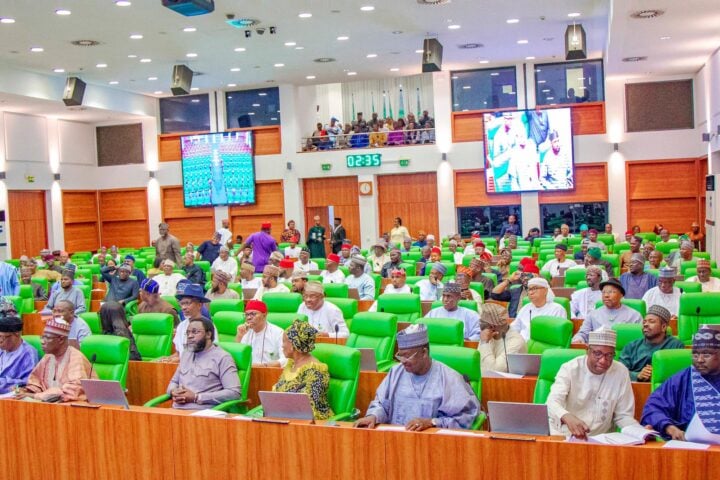A new report by the United Nations Environment Programme (UNEP) says progress on climate adaptation is slowing on all fronts.
The report added that adaptation should be accelerating to catch up with rising climate change impacts.
The UNEP defines adaptation as “the process of adjustment to actual or expected climate change and its effects”.
The UNEP’s ‘Adaptation Gap Report 2023’ analyses the progress in planning, financing and implementation as well as areas where urgent adaptation actions are required.
Advertisement
The report said that the world is underfinanced, underprepared and lacks adequate planning to adapt to the risks associated with climate change.
It said the adaptation finance needs of developing countries are 10 to 18 times as big as international public finance flows. This, it said, is over 50 percent higher than previous estimates.
According to the report, adaptation financing needed for developing countries are estimated at $215 to $387 billion annually this decade — and are projected to significantly increase by 2050.
Advertisement
It said despite these needs, international public climate finance flows to developing countries declined by 15 percent to $21.3 billion in 2021, after having increased to $25.2 billion between 2018 and 2020.
The report said current climate adaptation finance gap is widening and now stands between $194 and $366 billion per year.
It said to ensure that adaptation finance flows from developed to developing countries reach $40 billion by 2025, finance providers must on average increase annual adaptation flows by at least 16 percent between 2022 and 2025.
The report identified seven ways to increase financing, including through domestic expenditure; international and private sector finance; as well as increasing and tailoring finance to small and medium enterprises.
Advertisement
It said additional avenues include remittances; implementation of Article 2.1(c) of the Paris Agreement on shifting finance flows towards low-carbon and climate resilient development pathways; and a reform of the global financial architecture.
‘WE ARE IN AN ADAPTATION EMERGENCY’
Antonio Guterres, the UN secretary general, says the adaptation report shows a growing divide between need and action when it comes to protecting people from climate extremes.
Guterres said “lives and livelihoods are being lost and destroyed”, adding that people living in vulnerable communities are “suffering the most”.
Advertisement
He said action to protect people and nature is more pressing than ever. However, as needs rise, action is stalling.
The secretary general said steps must be taken “to close the adaptation gap, now”. He said “we are in an adaptation emergency and we must act like it”.
Advertisement
Guterres said vulnerable nations should have the support they need to develop and implement adaptation investment plans by 2025.
“Today’s report shows the gap in adaptation funding is the highest ever. The world must take action to close the adaptation gap and deliver climate justice,” he said.
Advertisement
“First, by massively increasing finance. Developed countries must present a clear roadmap to double adaptation finance as promised — prioritising grants over loans — as a first step towards devoting half of all climate finance to adaptation.
“Multilateral Development Banks should also allocate at least fifty percent of climate finance to adaptation and change their business models to mobilise far more private finance to protect communities from climate extremes.
Advertisement
“Second, adaptation plans must be transformed into investment plans, with new collaborative models that bring together governments, funders, development partners and civil society.
“Third, every person on earth must be protected by an early warning system by 2027, by implementing the Action Plan launched at COP27 last year.
“Fourth, we need bold action to respond to escalating loss and damage that results from climate extremes. All parties must operationalise the Loss and Damage Fund at COP28 this year.
“Fossil fuel barons and their enablers have helped create this mess; they must support those suffering as a result.
“I call on governments to tax the windfall profits of the fossil fuel industry and devote some of those funds to countries suffering loss and damage from the climate crisis.”

